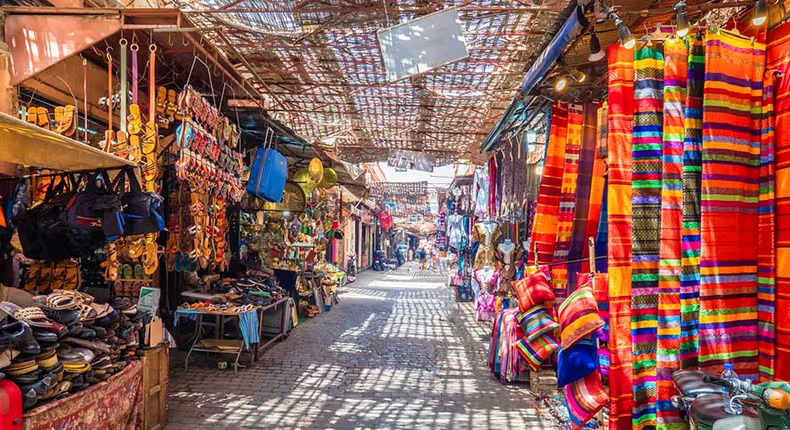
As Africa continues to look for ways to diversify its economic base and stimulate inclusive growth, the tourism and hospitality sector is starting to emerge as a powerful yet underleveraged driver of GDP. With its rich cultural heritage, breathtaking landscapes, vibrant cities and warm hospitality, the continent holds immense potential to become one of the world’s leading travel destinations. More importantly, tourism represents far more than leisure; it is a multidimensional catalyst for employment, infrastructure, foreign exchange earnings, and national branding.
Globally, tourism contributes over 10 percent to GDP and accounts for one in ten jobs. In Africa, however, the average contribution of tourism to GDP hovers around 7 percent, with even lower figures in countries where tourism is not yet formalised or scaled. This disparity does not reflect Africa’s potential; it is a relatively untapped opportunity.
From the city walls of the Benin Kingdom, pyramids of Egypt and the Maasai Mara plains of Kenya to the beaches of Seychelles and the historical slave ports of Senegal, Africa is brimming with stories, scenery, and experiences the world craves. The African Union’s Agenda 2063 recognises this by highlighting tourism as a critical pillar for socio-economic transformation.
The hospitality industry, which comprises hotels, resorts, restaurants, travel services, and events, forms tourism’s physical and experiential backbone. Its development is key to attracting and retaining international visitors, boosting domestic travel, and enabling regional integration through intra-African tourism.
Well-developed hospitality infrastructure also supports business travel, conferences, sporting events, and diaspora homecomings, all inject capital into local economies. For every hotel built or upgraded, a ripple effect follows: jobs are created, local suppliers are engaged, transportation networks improve, and tax revenues increase.
Countries like Rwanda, South Africa, Cape Verde, Kenya, Morocco, and Mauritius are already reaping the benefits of strategic hospitality development. Rwanda’s investment in eco-tourism and conference tourism has turned Kigali into a model city for African meetings. At the same time, South Africa’s diverse attractions continue to draw millions of global travellers each year.
Tourism and hospitality are uniquely positioned to create opportunities for Africa’s youth. These industries are labour-intensive and require various skills, from culinary arts and customer service to digital marketing and tour guiding. Millions of young Africans can be empowered to participate in the value chain with targeted vocational training and entrepreneurship support.
Small businesses, especially women-led enterprises, thrive in this sector, offering handmade crafts, cultural performances, local cuisine, and personalised travel services. Governments can unlock inclusive economic participation and reduce unemployment among vulnerable groups by investing in tourism.
To transform tourism and hospitality into an actual engine of GDP growth, African nations must address key enablers such as Improved infrastructure like roads, airports, electricity, and broadband connectivity. These are essential for attracting international and regional tourists.
Simplified visa processes and pan-African travel policies can boost intra-African tourism, which is currently hindered by travel barriers. Africa must as a matter of urgency start to tell its story through coordinated campaigns showcasing its safety, hospitality, and uniqueness.
The importance of having a stable and secure political and social environment across the continent reassures investors and travellers alike.
Tourism is more than economics; it is a tool of diplomacy and identity. It shapes how Africa is perceived, strengthens cultural pride, and builds bridges between nations. A thriving tourism industry enhances a country’s soft power, promotes intercultural dialogue, and reinforces a sense of unity and possibility across the continent.
Events like Afrochella in Ghana, the Lake of Stars Festival in Malawi, and the Cape Town Jazz Festival in South Africa show how tourism can be fused with creative industries to elevate national influence and continental integration.
Africa’s future prosperity depends on economic sectors that are inclusive, sustainable, and scalable. Tourism and hospitality meet all three criteria. With intentional investment, policy support, and stakeholder collaboration, the sector can grow from a supplementary industry into a primary contributor to GDP and societal wellbeing.
The time is now for African nations to see tourism as an add-on to development and a strategic transformation lever. In doing so, they will attract the world to Africa and empower Africa to shine brightly from within.


